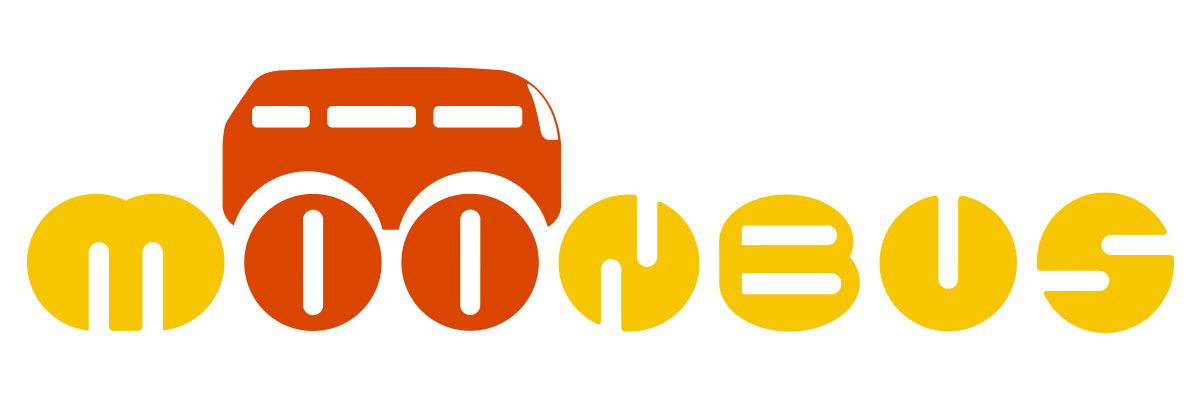What is Search Engine Optimization?
Search Engine Optimization (SEO) refers to the process of optimizing your website and its content in order to improve its visibility and ranking in search engine results pages (SERPs). The ultimate goal of SEO is to increase the quantity and quality of traffic to your website from organic (non-paid) search engine results.
Many factors affect your website's SEO, including keyword research and optimization, website structure and navigation, content quality and relevance, backlinks and external references, website speed and mobile optimization, and technical elements like metadata and XML sitemaps.
Keyword research involves identifying the words and phrases people are typing into the search engines like Google related to your business or industry and strategically using those keywords throughout your website's content and structure. This helps search engines understand the relevance of your website to specific queries and improves your ranking in search results.
Website structure and navigation are essential for both user experience and SEO. A well-organized website with clear navigation and a logical hierarchy makes it easier for search engines to crawl and index your pages and improves user engagement and satisfaction.
Content quality and relevance are also critical for SEO. Your website's content should be high-quality, engaging, and relevant to your target audience. It should also be optimized with keywords and structured to make it easy for search engines to understand its relevance to specific queries.
Backlinks and external references from other high-quality websites are also crucial for SEO. Search engines view these links as a vote of confidence in your website's authority and relevance and use them to determine your website's ranking in search results.
In addition, many factors can impact your website's SEO. Here are a few:
Website speed: How quickly does your website load? Slow-loading sites have fewer conversions and a higher bounce rate.
Mobile optimization: Adjusting your website content for a mobile device.
Metadata: Invisible tags that provide data about your website to search engines and users.
XML sitemaps: A file that lists all of your website's essential pages, ensuring that search engines can find and crawl them all. They help search engines understand the structure of your site and help with content discovery.
Overall, SEO is a complex and constantly evolving field, but it is critical for businesses and organizations relying on online visibility and website traffic. By following best practices and staying up to date with the latest developments in SEO, you can improve your website's visibility and attract more organic traffic from search engines.
The Moonbus Small Business Consultancy offers full-service SEO and would love to partner with you to improve your ranking. Give us a call at 704.268.9566 or visit us today at getonthemoonbus.com.
